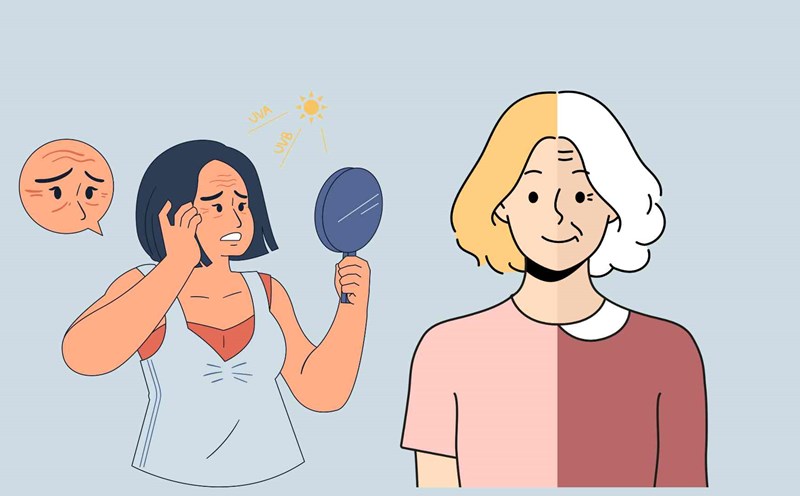Artificial sweeteners are a familiar ingredient in diet soda, sugar-free gum and many low-calorie foods, but have been questioned about their long-term effects on the brain.
A new study from the University of Sao Paulo (Brazil) shows that regular consumption of this substance can cause the brain to age up to 1.6 years faster.
Research shows that people who drink the equivalent of a can of dietary soft drinks per day have a 62% reduction in memory and recall of words compared to the consuming group with the least.
People who consume a lot of non-calorie sweeteners have a 62% faster rate of cognitive decline, equivalent to 1.6 years of brain aging, said Dr. Claudia Kimie Suemoto, lead author of the study.
According to an analysis of data from nearly 13,000 Brazilians aged 35 - 75 for eight years, the average consumption group (66 mg/day) also recorded a cognitive decline rate faster than 35%, or about 1.3 years of aging compared to the lowest consumption group.
In particular, people with diabetes and under 60 years old are more affected.
Scientists have looked at many popular sweeteners such as aspartame, saccharin, acesulfame-K, erythritol, xylitol, sorbitol and tagatose.
Although largely classified as safe within the permitted limit by the US Food and Drug Administration (FDA), the World Health Organization (WHO) has warned that aspartame can capable of causing cancer.
Some other studies have also shown that erythritol increases the risk of cardiovascular disease by promoting blood clotting.
Regarding the mechanism, Dr. Saptarshi Bhattacharya, an endocrinologist at Indraprastha Apollo Hospital (India), said that sweeteners can cause oxidative stress, damage nerve cells, and promote neuritis, leading to cognitive decline.
They can also weaken the blood brain barrier, affecting blood flow and the ability to supply oxygen to nerve cells. In addition, changes in the gut microbiome caused by sweeteners also affect the brain and intestines, causing indirect impacts on brain health.
In particular, aspartame also increases some amino acids in the brain, preventing the production of neurotransmitters such as serotonin or dopamine. This can cause headaches, anxiety, sleep disorders and affect mood.
Although sweeteners bring short-term benefits such as reducing calories or controlling blood sugar, experts recommend being cautious.
Consumers should adjust their intake and consider choosing natural sweeteners to protect long-term brain health, Dr. Bhattacharya emphasized.
The study is observationally subjective and has not yet demonstrated an absolute cause-and- effect relationship.
However, this discovery continues to add evidence that the convenience and safety of artificial sweeteners may come with significant health costs.











